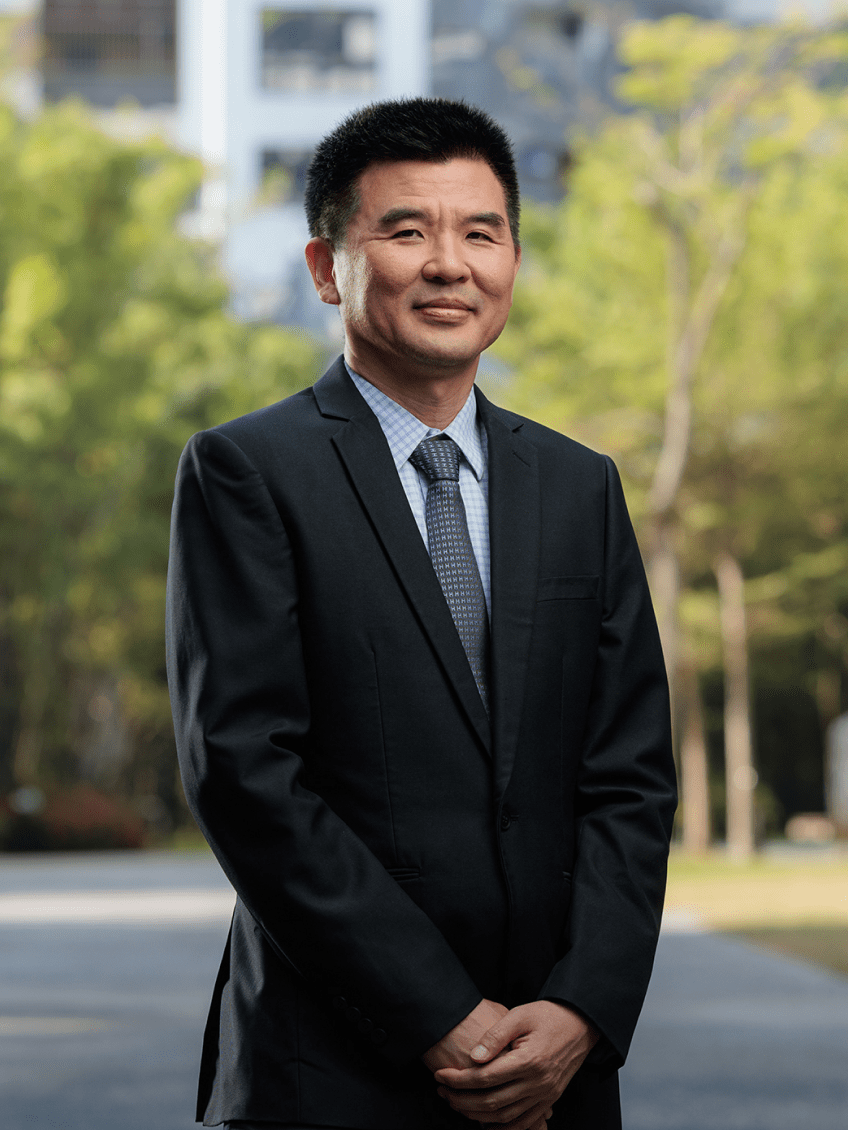Professor Tony Quek is a tenured professor at SUTD, where he also serves as the Head of the Information Systems Technology and Design (ISTD) pillar, Director of the Future Communications Research and Development Programme (FCP), and Deputy Director of SUTD-ZJU IDEA. He also holds the Cheng Tsang Man Professorship, with a focus on advancing academic and research excellence in the ISTD pillar. His research interests encompass wireless communications and networking, network intelligence, non-terrestrial networks, open radio access networks, and 6G.
Prof Quek has been actively involved in organising and chairing sessions and has served as a TPC member in numerous international conferences. He is currently serving as an Area Editor for the IEEE Transactions on Wireless Communications. He was an Executive Editorial Committee Member of the IEEE Transactions on Wireless Communications, an Editor of the IEEE Transactions on Communications, and an Editor of the IEEE Wireless Communications Letters.
He received the 2008 Philip Yeo Prize for Outstanding Achievement in Research, the 2012 IEEE William R. Bennett Prize, the 2016 IEEE Signal Processing Society Young Author Best Paper Award, the 2017 CTTC Early Achievement Award, the 2017 IEEE ComSoc AP Outstanding Paper Award, the 2020 IEEE Communications Society Young Author Best Paper Award, the 2020 IEEE Stephen O. Rice Prize, the 2020 Nokia Visiting Professorship, and the 2022 IEEE Signal Processing Society Best Paper Award. He is an IEEE Fellow, a WWRF Fellow, and a Fellow of the Academy of Engineering Singapore.
Prof Quek co-authored “Small Cell Networks: Deployment, PHY Techniques, and Resource Allocation” (Cambridge University Press, 2013) and “Cloud Radio Access Networks: Principles, Technologies, and Applications” (Cambridge University Press, 2016).
He received his BE and ME degrees in Electrical and Electronics Engineering from the Tokyo Institute of Technology, Japan. He earned his PhD in Electrical Engineering and Computer Science from Massachusetts Institute of Technology (MIT), Cambridge, Massachusetts.

